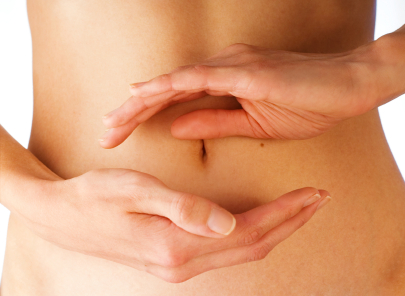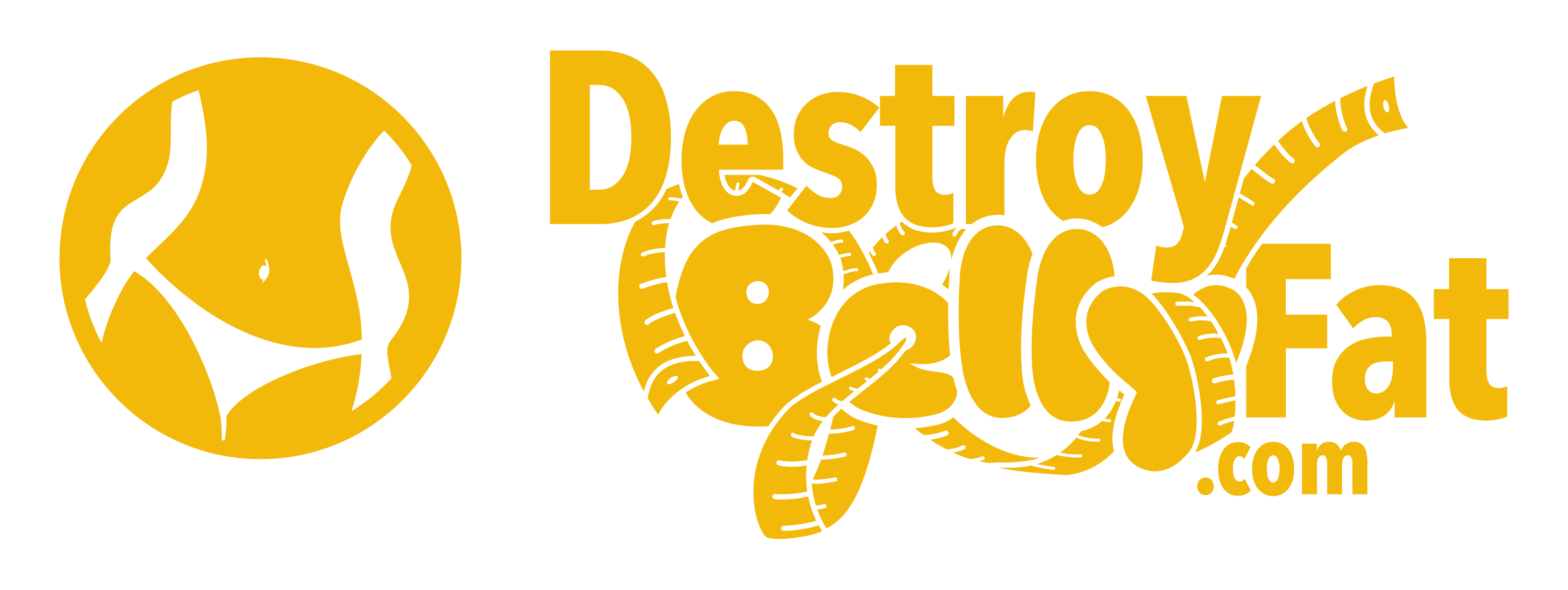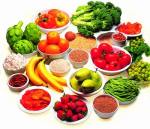Sign up for our monthly newsletter with product reviews, book reviews, video's, recipes, advice, and so much more!
Healthy Detox Diet – What you should Avoid while Detoxing
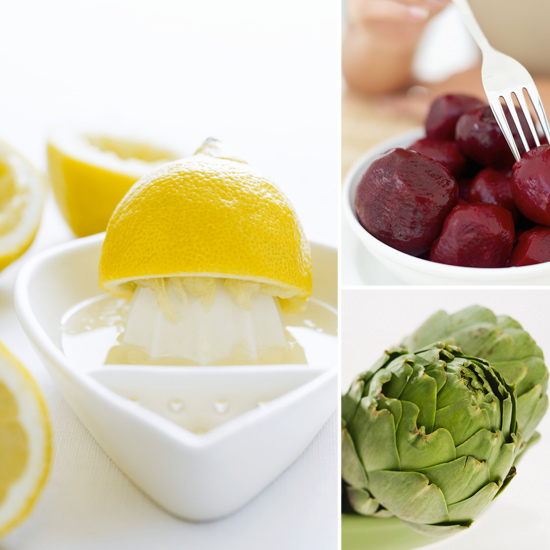
A Healthy detox diet offers possibilities for better health -- if you find the right plan. Some programs recommend strict fasting (too drastic for many people) or rely on a single nutritional source, such as grapefruit, that may not be compatible with your unique constitution.
Before beginning this or any other detox diet, take stock of your overall health. Never start a detox program while pregnant. If you have any chronic or serious health condition, cleanse only under a doctor's supervision; even if you don't have a health condition, consulting a doctor is a good idea. You may uncover underlying disease processes as you detox. When you start your program, make a commitment to self-observation. Detox experiences differ, even for those who do it habitually. Also keep in mind that while some mild physical and emotional discomfort is normal, feeling really ill is not. If you experience the latter, you should quit and see a doctor right away
Detox Do’s (and Don’ts)
What's the core idea behind a healthy detox diet? Making a shift away from allergenic, inflammatory, or just plain unhealthy foods, we’ve targeted those that contain artificial additives, hormones, saturated fats, or allergy-promoting substances and put organic, non-allergenic, whole foods in their place. Use this list to stay on track.
Avoid: Meat
(beef, pork, and lamb) and all types of poultry)
Why? It
can contain added hormones and antibiotics
Choose: Ocean
game fish such as halibut and salmon, which contain high levels of healthy
omega-3 fatty acids
Avoid: Potentially Allergenic Protein Sources
(dairy products, eggs, soy products)
Why? Aside from causing allergies in some people, dairy and
eggs often contain antibiotics; dairy can cause mild-to-severe digestive
distress
Choose: Raw, unsalted nuts and nut butters (almonds, Brazil nuts, cashews, and
walnuts); raw, unsalted seeds (flax, pumpkin, sesame, and sunflower); beans and
peas (adzuki, chickpea, kidney, lentil, navy, and pinto); and sprouts (lentil,
mung, and pea)
Avoid: Partially Hydrogenated Oils and Saturated Fats
Why? They pose health risks
Choose: Healthy oils
such as organic olive and sesame oils
Avoid: Carbonated Water
(in the form of seltzer or in soda)
Why? It can cause bloating, unnecessarily stressing the body
during cleansing
Choose: Fresh, filtered water, which helps the body flush out
toxins
Avoid: Common Allergenic Grains
(corn, wheat, and white flour and derived products such as breads, cereals, and
crackers)
Why? They're overprocessed; potential allergenic reactions
include headache, diarrhea, and irritable bowel syndrome
Avoid: Condiments
(bouillon, ketchup, mayonnaise, mustard, soy sauce,
and tamari)
Why?
They're highly processed; many contain refined sugars and additives
Choose:
Flavorful herbs that enhance digestion, such as basil, bay leaf, cinnamon,
cumin, fennel, garlic, ginger, marjoram, oregano, rosemary, and sage
Avoid: Refined and Artificial Sugar and Corn Syrup
(found in sodas, alcohol, desserts, and
sugar-free gum and diet drinks)
Why? Both refined and artificial sugars pose health risks
when used in excess
Choose: Unrefined sugars (honey, maple syrup, and rice syrup) in
modest quantities
Related Articles
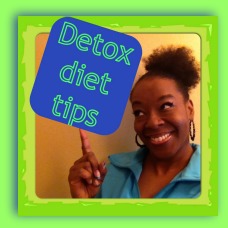
Return From healthy detox diet back to destroybellyfat.com home page
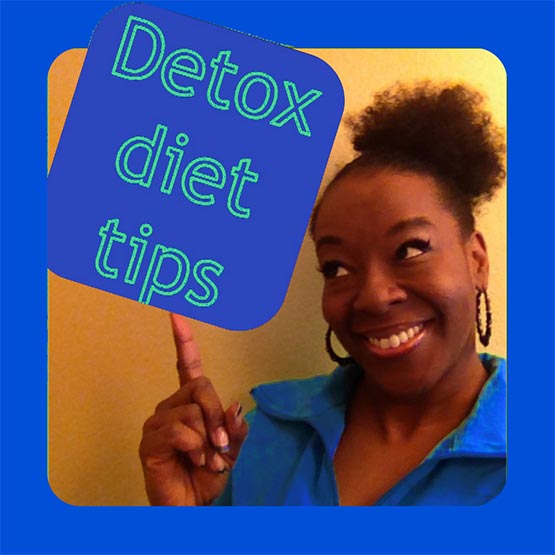

Recent Articles
-
Flat Belly Diet
Sep 11, 24 06:56 AM
Flat Belly Diet 3 meals will -
Ways to Reduce Belly Fat with the Most Effective Exercise Techniques
Jun 30, 24 04:29 PM
Here are a few ways to reduce belly fat in our fast pace world. Exercise more and eat fewer calories. Exercise can be a major resource to reduce belly fat quick -
Foods That Burn Belly Fat Rapidly and Quickly Boosts Your Metabolism
Jun 30, 24 03:30 PM
Foods could be used to Rapidly help you drop a few pounds. Foods That Burn Belly Fat Quickly and Boosts Your Metabolism to help you become lean
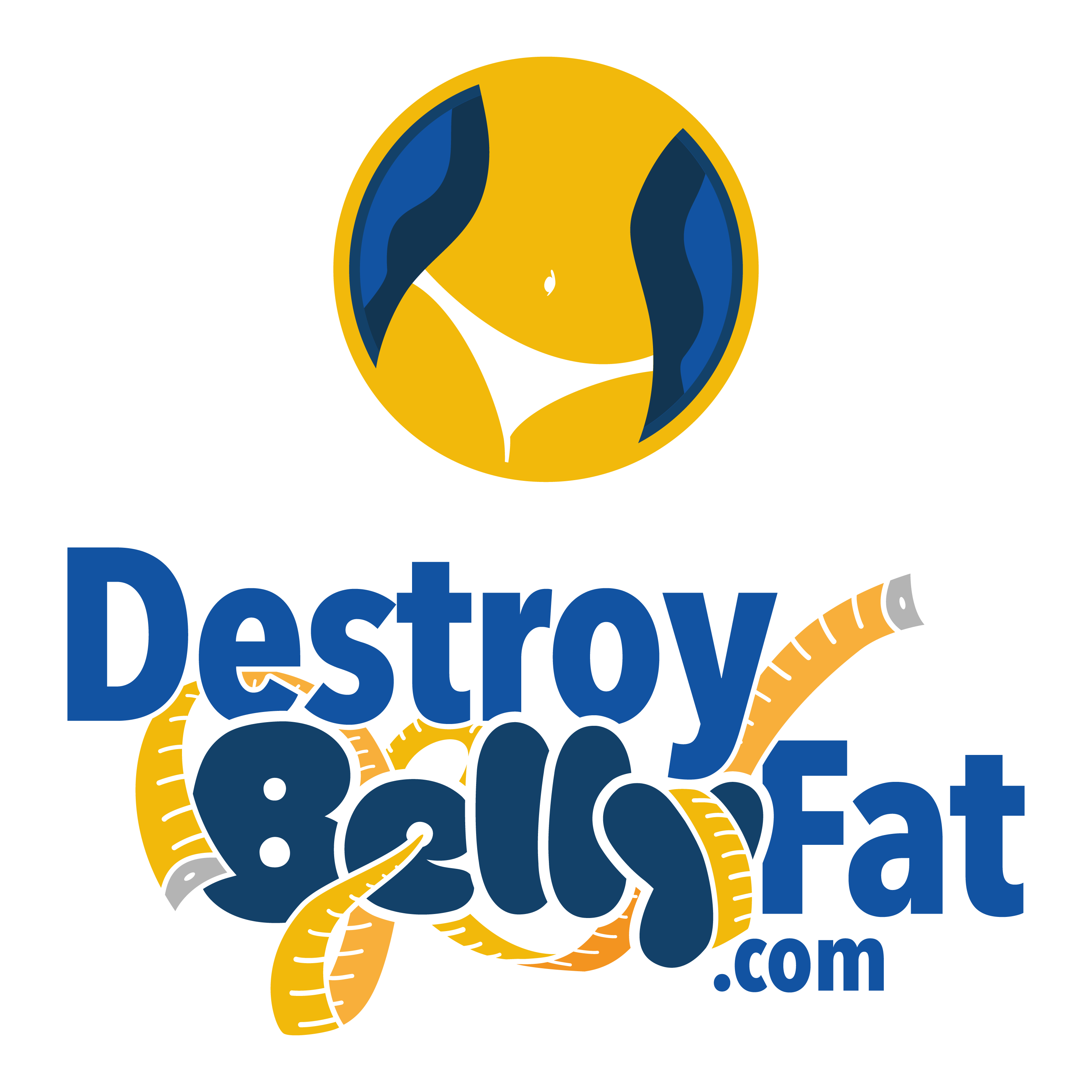
Join Others
Sign Up To Subscribe to our Monthly E-Zine Newsletter

